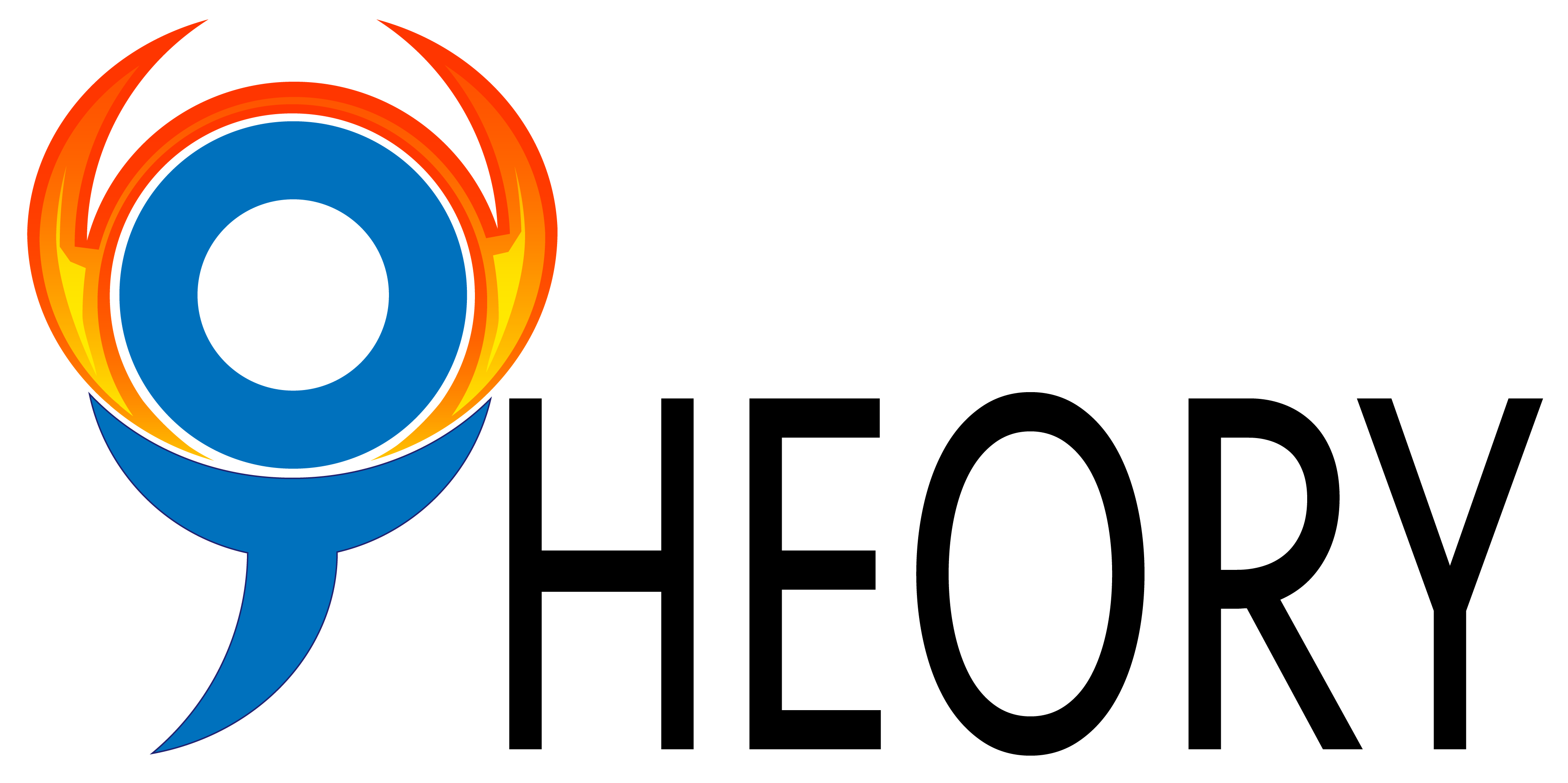The behavioral frame of reference (FOR) emphasizes on the use of behavioral modification to shape behaviors, which purports to increase the tendency of adaptive behaviors or to decrease the probability of maladaptive learned behaviors. The key concepts in this FOR include:
- Behavior modification: reward and punishment to shape human performance, emotions, attitudes, and values,
- Stimulus: event which produces a behavioral response,
- Unconditioned stimulus: event that produces automatic unconditioned response,
- Conditioned stimulus: event that is learned with an unconditioned stimulus,
- Reinforcement: a set of conditions that follow a response and increase or decrease the probability of the response,
- Parameters of reinforcement: content, amount, timing, scheduling, of the reinforcement,
- Extinction: removal of reinforcement,
- Shaping behavior: develop new behavior by obtaining successive learning goals,
- Backward chaining: develop new behavior by starting from the last step,
- Systematic desensitization: muscle relaxation to control anxiety-eliciting stimuli,
- Token economy: program that use median of exchange to reinforce behaviors.
To apply the behavioral FOR in occupational therapy, an occupational therapist identifies a specific client’s behavior, determines the baseline performance, designs a data collection format, selects a reinforcer and reinforcement schedule, charts the data, and finally shapes adaptive behaviors that increase occupational performance in desired occupation. The areas that occupational therapists can apply behavioral FOR includes, but limited to, social skills training with psychiatric disorders, pediatrics clients, clients with difficulty in self-regulation, and more.
Summarized by
- Macey Cho
Type
- Frame of reference
Population
- Child
- Adolescent
- Adult
- Elderly
Disability
- All
Domain of occupation
- Unspecified
Application Note
It is used to increase adaptive behaviors and decrease tendency of maladaptive behaviors that influences occupational performance.
Key Reference
Stein, F. (1983). A current review of the behavioral frame of reference and its application to occupational therapy. Occupational Therapy in Mental Health, 2, 35-62.
Year Published
- 1983
Primary Developer
- Franklin Stein
